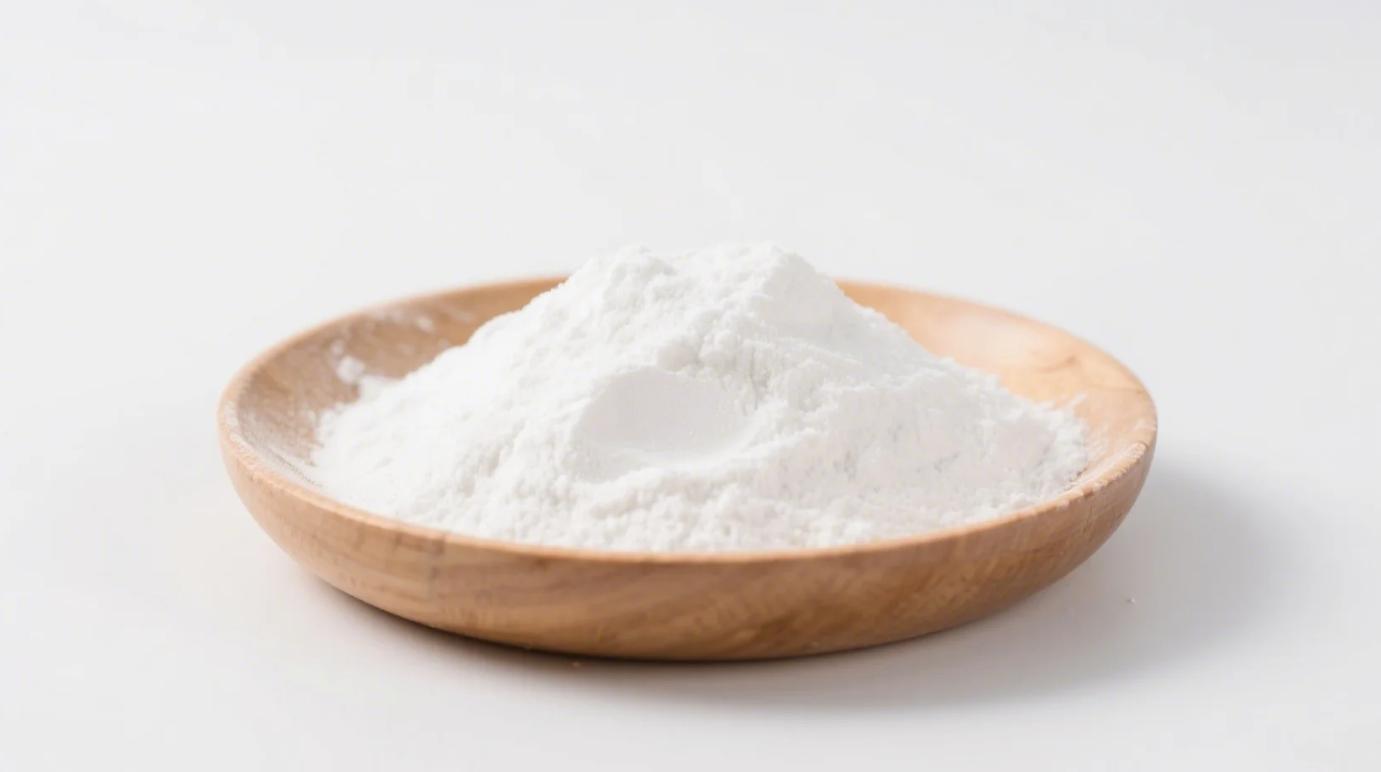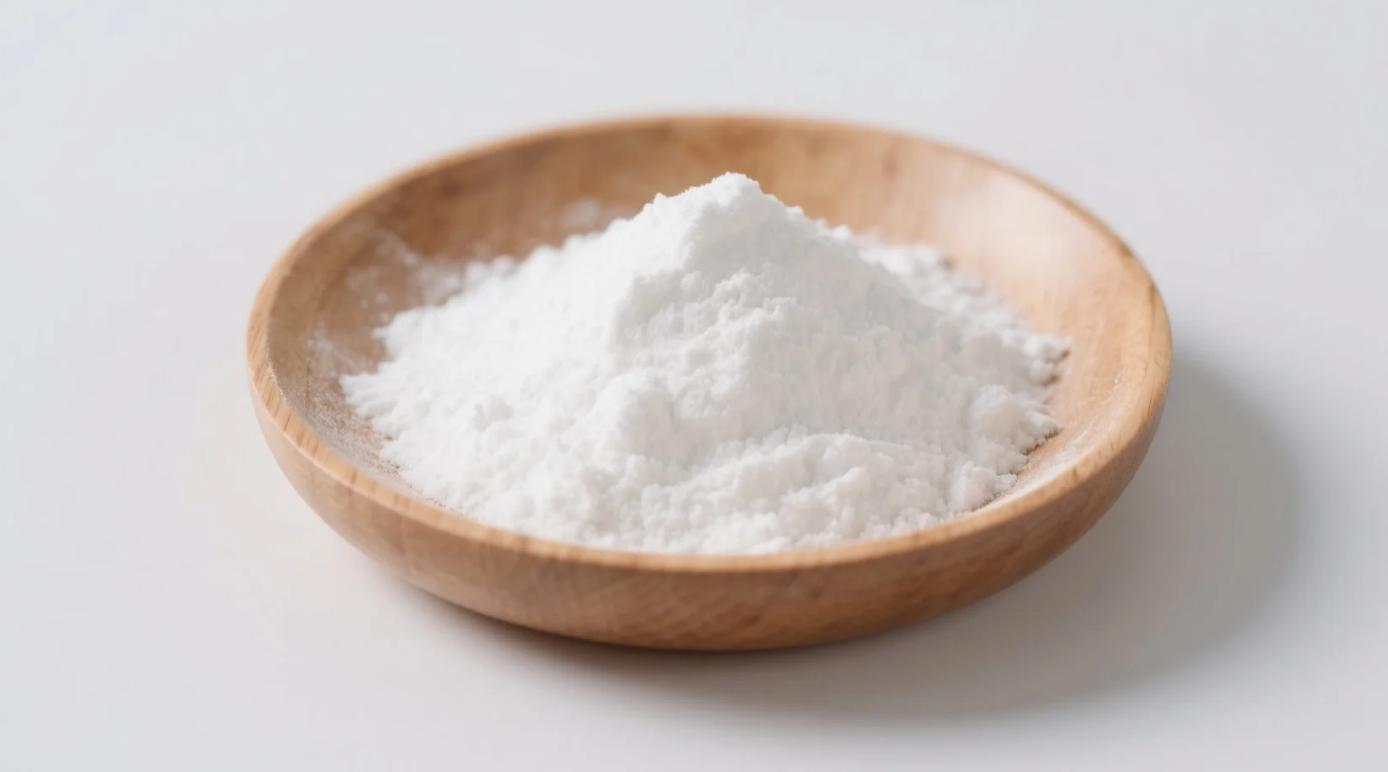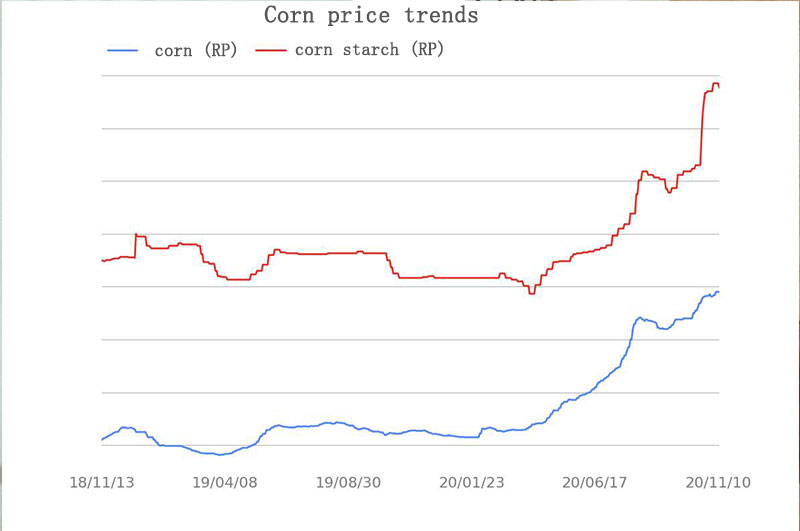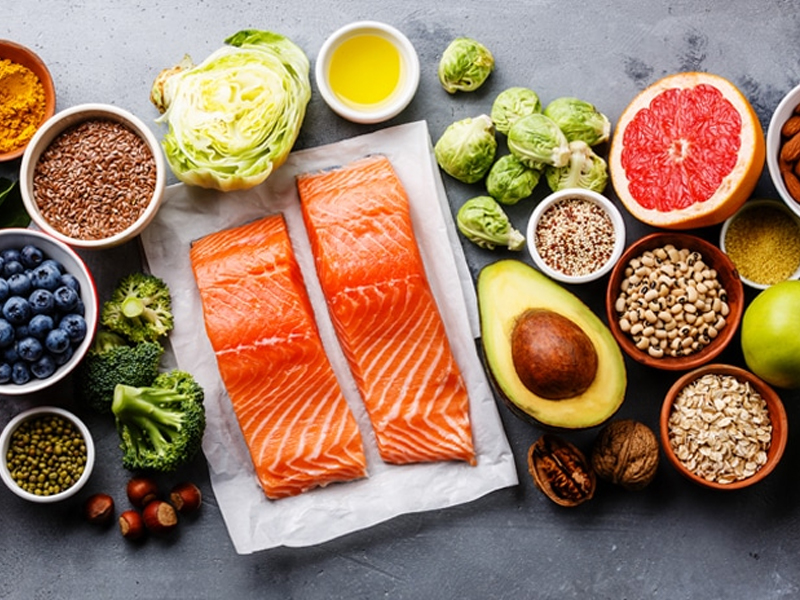Picture this: A Taiwanese grandma simmers mung bean starch with water into a translucent jelly—a folk remedy passed down for “cooling fiery bellies.” New research reveals this humble thickener isn’t just kitchen lore. It’s a molecular fire extinguisher for inflamed guts.
The Inflammation Test: Lab Proof vs. Myths
- 2019 Shandong University study:
- Rats with colitis fed mung bean starch showed 42% less gut damage vs. control group.
- Key mechanism: Resistant starch fermented into butyrate—a fatty acid that heals intestinal lining.
- Human trial (Seoul National, 2022):
- 68 IBS patients consumed 15g mung bean starch daily → 31% drop in CRP (inflammation marker) in 8 weeks.
Why It Outperforms Potato/Corn Starch
| Property | Mung Bean Starch | Potato Starch | Corn Starch |
|---|---|---|---|
| Resistant Starch | 45–55% (Type 2) | 15–20% | <5% |
| SCFA Production | 3.2x more butyrate | 1.8x | Baseline |
| Gel Strength | Forms soft, elastic gels | Brittle gels | Grainy texture |
SCFA = short-chain fatty acids (anti-inflammatory fuel for colon cells)
3 Inflammation-Fighting Superpowers
- Seals “Leaky Gut”:
- Butyrate tightens intestinal junctions → blocks toxins entering bloodstream (reducing systemic inflammation).
- Proof: Patients saw 29% lower zonulin (leak marker) after 4 weeks of mung bean starch noodles.
- Silences Rogue Immune Cells:
- Mung bean starch fibers bind to TLR4 receptors → calm overactive macrophages driving arthritis/eczema flares.
- Balances Gut pH:
- Fermentation produces alkaline compounds → neutralizes acidic inflammation hotspots.
The “Cooling” Myth Explained by Science
Traditional Chinese Medicine calls mung bean “cooling”—now proven as:
- Lowering IL-6: Pro-inflammatory cytokine reduced by 38% in human cells (Journal of Ethnopharmacology).
- Inhibiting COX-2: Enzyme blocked by 51% (same pathway as ibuprofen, but food-grade).
How to Activate Its Anti-Inflammatory Power
- Cook it right:
- Raw starch: Resistant starch intact (best for gut fermentation).
- Cooked jelly/gel: Retains 60% resistance if heated below 85°C → ideal for soups.
- Avoid:
- Deep-frying (destroys resistant starch)
- Mixing with vinegar (acid reduces butyrate yield)
Dose vs. Results: The Sweet Spot
- 10g/day: Reduced bloating in 73% of mild IBS sufferers (equivalent to 2 tbsp starch in congee).
- 20g/day: Lowered joint pain in 41% of early rheumatoid arthritis cases (paired with meds).
- Over 30g: Risk of gas/bloating → start with 1 tsp daily.
Organic Matters: Pesticides Inflame Guts
Conventional mung beans often carry:
- Chlorpyrifos (neurotoxic insecticide) → increases intestinal permeability.
- Glyphosate residues → disrupts gut enzyme CYP450 (linked to autoimmune flares).
Organic certification ensures:
- No synthetic pesticides
- Soil microbiome integrity → higher resistant starch content
Who Should Avoid Mung Bean Starch?
- SIBO patients: Fermentation may worsen gas/pain.
- Low-FODMAP dieters: Contains galactooligosaccharides (GOS).
- Kidney stone sufferers: Moderate oxalate content (58mg/100g).
Final Verdict:
Organic mung bean starch is anti-inflammatory—but only when raw or gently cooked. Its resistant starch feeds butyrate-producing bacteria, calming gut-driven inflammation. For chronic conditions, pair with medical treatment—don’t rely on starch alone.
“Grandma’s ‘cooling jelly’ works because science says so.”
Stop chasing exotic superfoods. Organic mung bean starch—the $3/kg inflammation fighter hiding in plain sight—has healed guts since the Tang Dynasty. (Your colon will recognize an old friend.)
Related Products
Organic Potato Starch Powder
White powder, excellent thickening, USDA & EU Organic, vegan, non-GMO.
Organic Mung Bean Starch
Premium Gluten-Free Thickener & Texture Enhancer for Food and Industrial Applications



